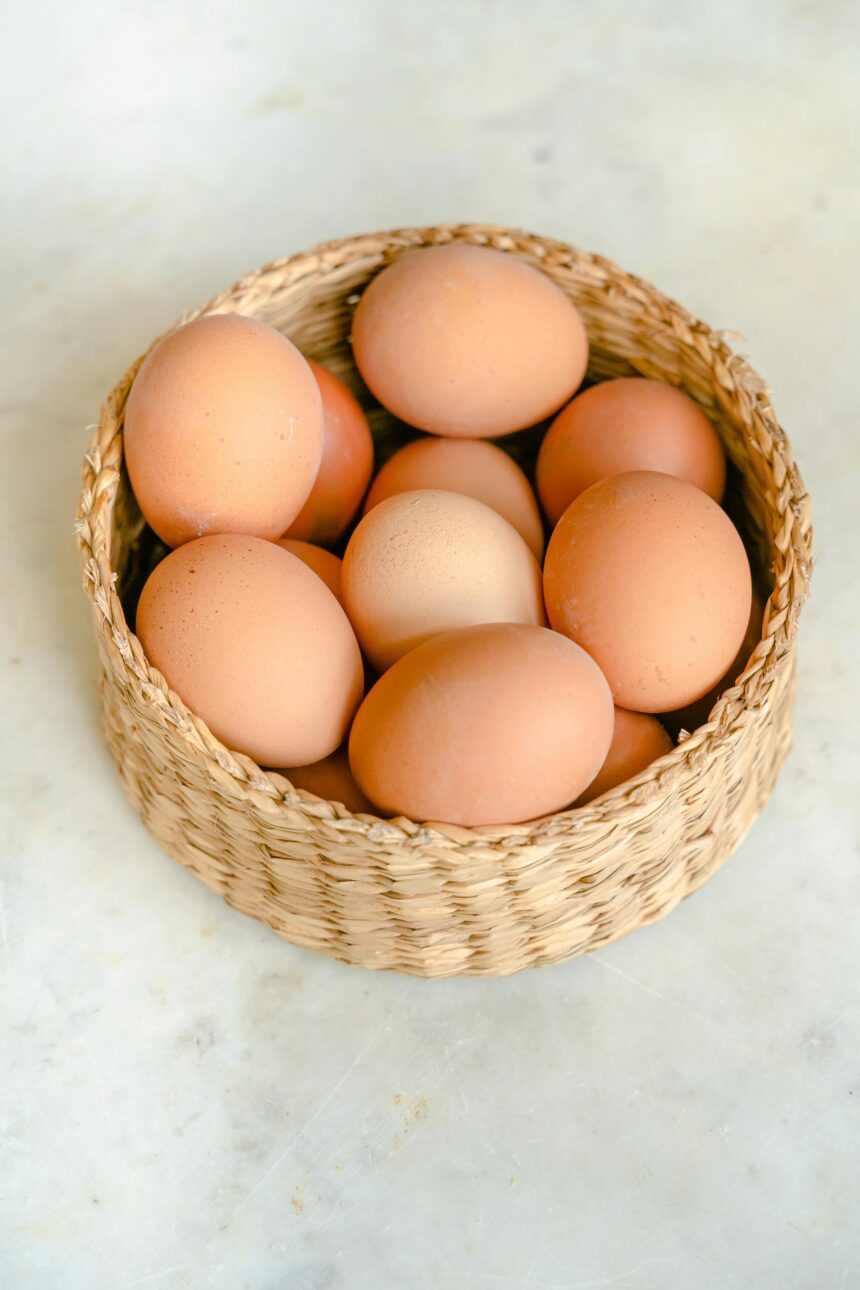A high protein diet is frequently touted as the secret weapon in the fight against obesity—but how does it work, and is it appropriate for everyone? Let’s look at the facts, advantages, and practical meal options for long-term weight loss.
Introduction
Protein is more than just fuel for muscle growth. It regulates appetite, metabolism, and fat reduction. In recent years, high-protein diets have grown in popularity among fitness enthusiasts and those looking to lose weight.
The principle is straightforward: consume more protein, stay satisfied for longer, burn more calories, and reduce weight. However, just as with every diet craze, it is critical to distinguish between hype and science.
This post explores the mechanisms behind high-protein diets, their effectiveness for weight loss, their benefits and potential risks, and how to plan a balanced, high-protein meal plan that supports your goals.
How Protein Affects Weight Loss
Protein’s role in weight loss goes far beyond calorie count—it actively influences hormones, satiety, and body composition.
1. Protein Reduces Appetite and Hunger Levels
Protein-rich meals boost feelings of fullness by increasing the levels of appetite-reducing hormones such as peptide YY, GLP-1, and cholecystokinin (CCK), while decreasing the levels of ghrelin. As a result, you are less likely to overeat during meals or snack excessively in between.
2. Protein Boosts Metabolism and Increases Calorie Burn
Protein digestion demands more energy than carbohydrates or lipids, a fact known as the thermic effect of food (TEF). Approximately 20-30% of protein calories are burnt during digestion, as opposed to approximately 5-10% for carbohydrates and 0-3% for fats. This suggests that eating protein can somewhat improve your metabolism.
3. Preservation of Lean Muscle Mass
When losing weight, the goal is not only to lose fat, but also to keep as much lean muscle as possible. Protein helps to maintain muscle mass during a calorie shortage. Muscle is metabolically active tissue, thus preserving it keeps your metabolism from slowing down.
4. Prevents Weight Regain
Several studies have found that increasing protein intake during and after weight loss can help people keep the weight off. One study published in the American Journal of Clinical Nutrition discovered that participants who raised their protein intake lost much more weight than those who followed a standard-protein diet.
MUST READ:Best Snacks for Weight Loss: Nigerian Edition
How Much Protein Do You Need for Weight Loss?
The optimal protein intake for weight loss varies depending on body size, activity level, and goals, but higher than average intake is typically beneficial.
While the Recommended Dietary Allowance (RDA) for protein is 0.8 grams per kilogram of body weight, most research on weight loss suggests that a higher intake of 1.2–2.0 grams per kilogram of body weight is more effective for fat loss and muscle retention. This equates to roughly:
- 90–150 grams of protein daily for someone weighing 75 kg (165 lbs)
- Spread out across 3–5 meals and snacks
If you’re active, strength training, or aiming to lose fat while maintaining muscle, leaning toward the higher end of the range is ideal.
Benefits of a High-Protein Diet for Weight Loss
Beyond shedding pounds, a protein-rich diet offers other impressive health benefits.
- Reduced cravings and late-night snacking: Studies show that a high-protein breakfast can reduce cravings later in the day.
- Improved body composition: Higher protein intake supports fat loss while preserving lean mass.
- Better blood sugar regulation: Protein slows down carbohydrate absorption, stabilizing blood sugar levels.
- Increased muscle strength and recovery: Essential for active individuals and aging adults.
What to Eat on a High-Protein Diet
The key to a sustainable high-protein diet is variety, balance, and nutrient-dense whole foods. To meet your daily protein goals, include a mix of animal and plant-based sources. Here’s how to build a protein-rich diet for weight loss:
High-Protein Animal Sources:
- Chicken breast, turkey, lean beef, pork loin
- Eggs and egg whites
- Greek yogurt, cottage cheese, low-fat cheese
- Fish like salmon, tuna, cod, and tilapia
- Shellfish (shrimp, scallops)
- Protein powders (whey, casein, collagen)
High-Protein Plant Sources:
- Lentils, chickpeas, black beans, edamame
- Quinoa, buckwheat, oats
- Tofu, tempeh, seitan
- Nuts and seeds (in moderation due to high fat content)
- Soy milk, pea protein milk
- Nutritional yeast
Tips for Meal Planning:
To make a high-protein diet sustainable and enjoyable, it’s crucial to focus on balanced meals, consistent planning, and food variety.
- Start each meal with a protein anchor (e.g., grilled chicken, eggs, beans)
- Use protein snacks like boiled eggs, yogurt, or a protein smoothie
- Combine proteins with fiber-rich vegetables and whole grains for balance
Risks and Considerations
A high-protein diet is generally safe for most people, but there are a few things to watch out for:
- Kidney strain: People with existing kidney conditions should avoid high protein intake without medical supervision.
- Dehydration: Protein metabolism increases water needs, drink plenty of fluids.
- Constipation: A low-fiber, high-protein diet may lead to digestive issues if vegetables, fruits, and whole grains are lacking.
- Heart health concerns: Excess saturated fat from fatty meats and full-fat dairy can raise LDL cholesterol levels.
- Nutrient imbalance: Focusing too much on protein might crowd out other essential nutrients.
Tip: Choose lean and plant-based proteins, stay hydrated, and maintain a balanced intake of fiber and healthy fats. If in doubt, talk to a registered dietitian or doctor.
Final Thoughts
When carefully designed, a high-protein diet can be an effective, science-backed strategy to weight loss. Protein aids in fat loss by increasing satiety, maintaining muscle mass, and slightly improving metabolism. However, for long-term outcomes, you should combine your protein intake with nutrient-dense foods, enough fiber, and frequent physical activity.
Before making any dietary changes, always speak with your healthcare physician or a qualified dietician, especially if you have any underlying health issues. When done correctly, a high-protein diet can be sustainable, satisfying, and beneficial for weight loss.


